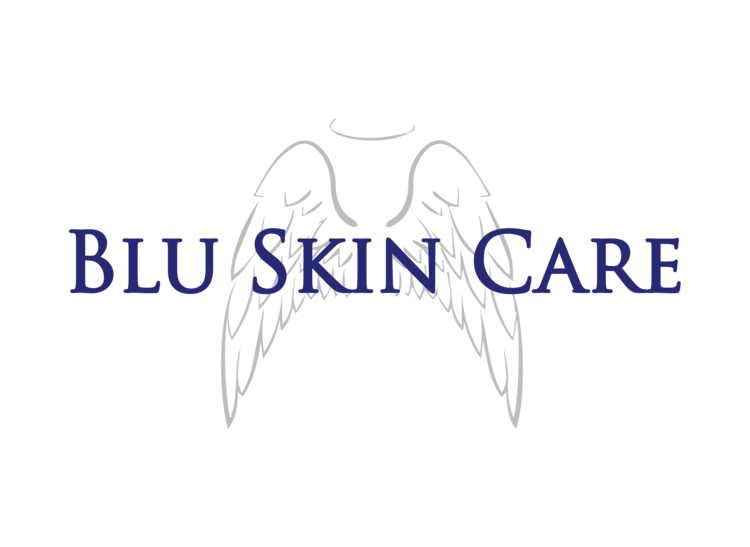According to the Dietary Guidelines for Americans, 2015-2020, Americans should consume at least half of their daily grains as whole grains. Many grains qualify as “whole” or unrefined, but one of the most common is oats. An easy way to incorporate more whole grains into your regimen is to start your day with a hearty bowl of USDA Certified Organic oatmeal, which is rich in fiber and protein while low in calories.
Benefits of Whole Grains
Whole grains -- those containing the three original parts of the grain -- are a healthy addition to any diet. Year after year, studies have connected the consumption of whole grains to a variety of health benefits, including weight loss, blood sugar management and diabetes control, arthritis prevention and protection against heart disease. In addition to oats, the category of whole grains includes whole wheat, millet, brown rice, amaranth, barley, bulgur, spelt, quinoa and many other options.
Oatmeal Nutrient Profile
Most oatmeal cooks very quickly and provides you with lasting energy to start your day. That’s because a cup of cooked oatmeal supplies 6 grams of protein and 4 grams of fiber – two nutrients associated with satiety. Feeling full can keep you on track in terms of your weight-loss goals, so you won’t get hungry mid-morning and hurry to the pastry cart at work. Fiber also helps keep your digestive track functioning smoothly. Your cup of oatmeal contains 166 calories before any fruit or sweetener is added.
Skin Benefits
Eating oatmeal may have another, more surprising benefit. A review published in Phytotherapy Research in 2013 found that consuming cereals high in beta-glucans, especially oatmeal, supports skin health. Beta-glucan possesses anti-inflammatory and antioxidant properties that may help combat the effects of aging on skin, like wrinkles and dryness. The authors suggested the need for more research to determine the efficacy of including beta-glucans in cosmetic products, too. Remember to use only USDA Certified Organic Skin Care Products.
